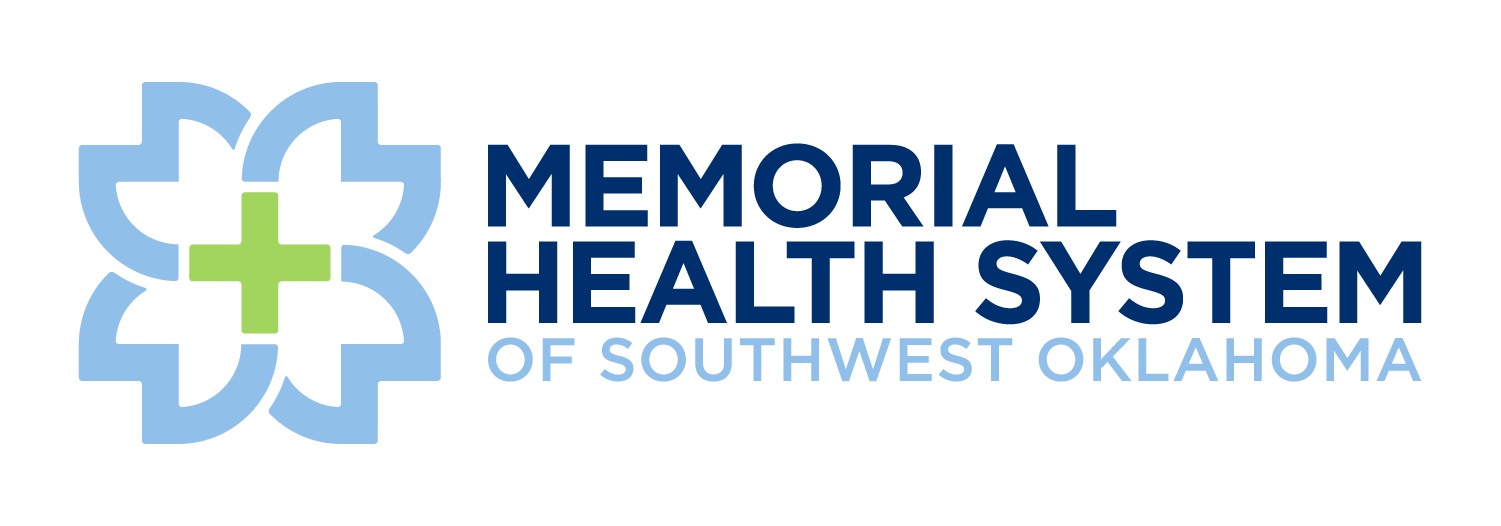There is nothing like the uncomfortable burning sensation of a urinary tract infection (UTI). Bladder health changes as we get older, and sometimes bladder problems such as UTIs or incontinence are unavoidable.
November is Bladder Health Month! Since bladder health is important for everyone, make sure you review these six steps to a healthier bladder:
Mind your liquids.
Alcohol and caffeine are hard on your bladder. Cut down on items like chocolate, sodas, tea, and coffee. Most individuals need to drink half your body weight in ounces of water. It is also best to drink at least half of your liquid consumption in water each day. Nothing is better for your bladder health than water!
Dress in a way that promotes bladder good health.
Wear loose-fitting clothes and cotton underwear. Loose-fitting, cotton clothing allows air to keep the area around the urethra dry. Nylon underwear and tight-fitting jeans may trap moisture, helping bacteria grow.
Eat healthy and maintain a healthy weight.
High fiber foods such as whole grains, fruits and vegetables help your body to avoid constipation. Over-full bowels due to constipation can press on the bladder. This reduces the amount of urine it can hold, making you feel you need to pass urine urgently. Constipation can also affect your pelvic floor muscles.
Quit smoking.
Not only does smoking increase your risk of bladder cancer, but it also can lead to incontinence. This happens when a chronic cough that develops from smoking puts extra pressure on the bladder.
Be mindful when urinating.
Fully empty the bladder each time you urinate by taking the time to relax and not rush urination. For women, it is best to sit on the toilet seat as hovering over the seat may make relaxing more difficult.
Women should always wipe from front to back after urinating or having a bowel movement to keep bacteria from getting into the urethra.
Urinate after sex.
Men and women alike should urinate following sex to flush away bacteria that may have entered the urethra during intercourse.
Exercise.
Physical activity not only helps you maintain or lose weight, but it helps prevent constipation. Pelvic floor exercises, also known as Kegel exercises, in particular, help hold urine in the bladder. Performing these exercises daily strengthens these muscles and prevents urine from leaking when you cough, sneeze, lift, or have a sudden urge to urinate or laugh.
Need a urologist? Call our Physician Referral Line today!
Disclaimer
The Comanche County Memorial Hospital website does not provide specific medical advice for individual cases. Comanche County Memorial Hospital does not endorse any medical or professional services obtained through information provided on this site, articles on the site or any links on this site.
Use of the information obtained by the Comanche County Memorial Hospital website does not replace medical advice given by a qualified medical provider to meet the medical needs of our readers or others.
While content is frequently updated, medical information changes quickly. Information may be out of date, and/or contain inaccuracies or typographical errors. For questions or concerns, please contact us at contact@ccmhhealth.com.

